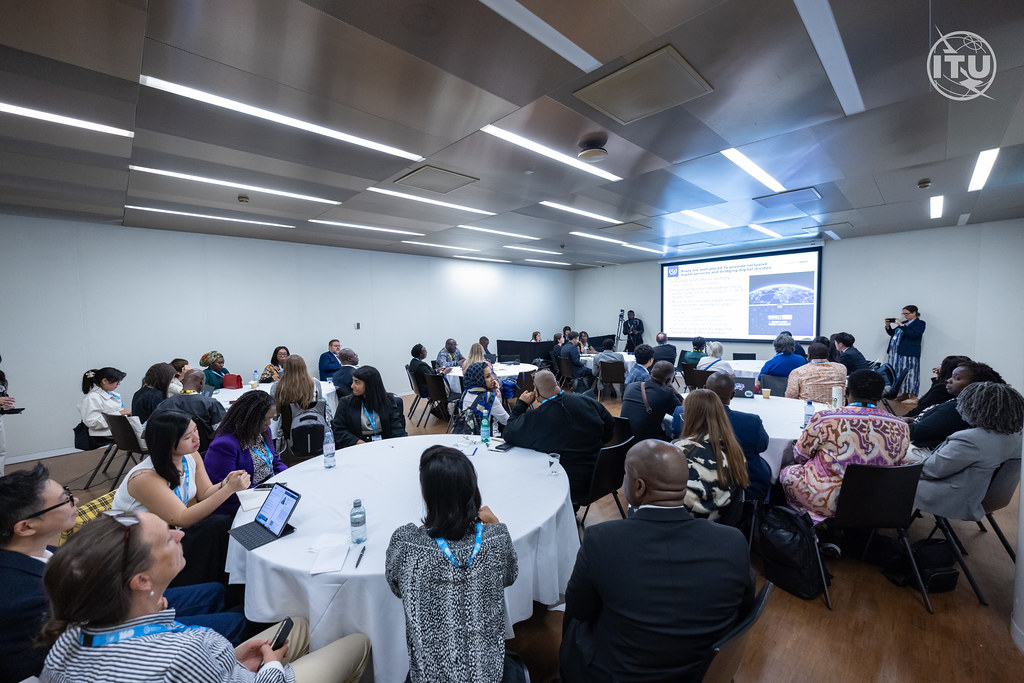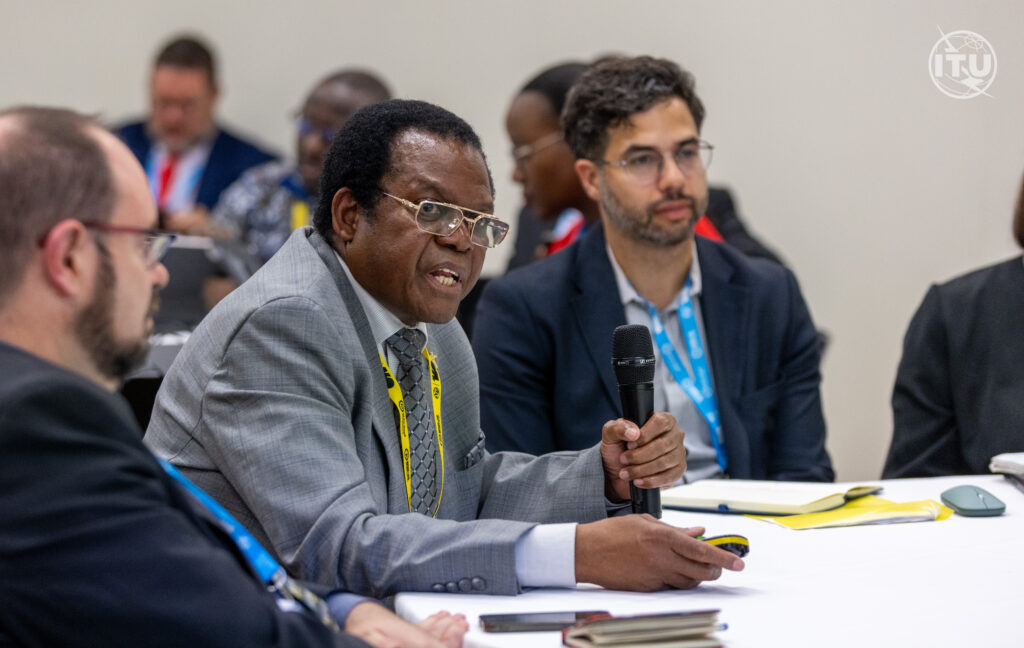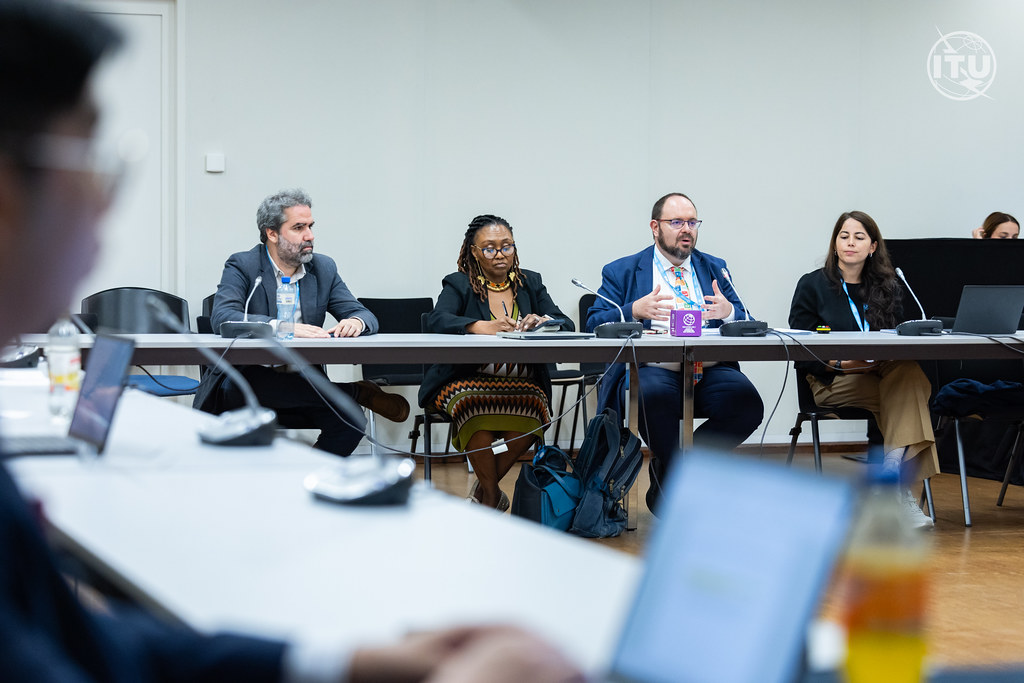Libraries and the Information Society: Takeaways from the WSIS 2025 Forum
11 July 2025
Today marks end of the WSIS Forum taking place in Geneva from 7 to 11 July.
Below, we are pleased to share some reflections and outcomes from IFLA’s participation in this event.
At the forum, IFLA organized a joint session with the Universal Postal Union (UPU) and participated in two UNESCO led sessions. The IFLA-UPU session highlighted the important role that intermediaries like libraries and post offices play in facilitating access to information and digital services for underserved communities and the millions that remain offline. In a similar way the UNESCO sessions focused on harnessing the power of digital public goods and on providing library related recommendations for the WSIS Action Line C3 on Access to Information and Knowledge.
IFLA-UPU session
The session featured a case study from Zimbabwe, presented by Dr. Nancy Kwangwa Deputy Librarian at the Women’s University in Africa (WUA) and Executive Director at the Zimbabwe Information and Technology Empowerment Centre (ZITEC), showcasing successful cooperation between libraries and postal services to expand inclusive access. The study highlights how these two anchor institutions, through complementary digital services, have significantly improved the lives of the communities they serve—offering connectivity, skills training, and access to essential digital resources.

Via the session Dr Gift Kallisto Machengete, the Director General of the Postal and Telecommunications Regulatory Authority of Zimbabwe (POTRAZ) shared the positive impact of renovating 143 post offices across the country and how these were transformed into digital access centers for millions of people across the country.

Key outcomes and library relevance
- There are ample opportunities for libraries to partner with post offices to complement each other’s services (e.g. connectivity, e-government services, digital literacy, digital financial services and more).
- Zimbabwe’s digital centers were funded through the country’s Universal Service and Access Fund (USAF). To replicate this success, ministries and regulators overseeing USAFs should ensure that Post Offices, Libraries, and other anchor institutions qualify for access to USAFs, as this is not the case in many countries.
- The WSIS action lines included the connectivity of libraries, post offices, and other anchor institutions, something that has been lost in the Global Digital Compact (GDC). Harmonization efforts between the GDC and WSIS+20 Review must take into account the role libraries, posts, and other intermediaries are playing in digital inclusion and thus call for their connectivity.
UNESCO IFAP session on Harnessing Digital Public Goods and fostering digital cooperation
The relevance of acknowledging information as a public good was reaffirmed via the session, as well as the importance of recognizing libraries as key digital infrastructure that managing repositories and collections.
Key outcomes and library relevance
- Upcoming release of IFLA-UNESCO IFAP Policy Brief on digital inclusion with 56 targeted recommendations for inclusive multi stakeholder collaboration between Member States, libraries and other Internet related actors.
- Libraries need to be supported by policies and initiatives that allow them to further offer openly licensed content/scientific resources. Such content has a key role to play in supporting the rights to education, science, culture and information in general.
- Policymakers should include libraries and national library associations in decision making processes to draft access to information laws (ATI). In a similar way, libraries may participate in legislation drafting capacity building processes with decision makers and provide and/or help organize spaces for open discussion with a community focus.
